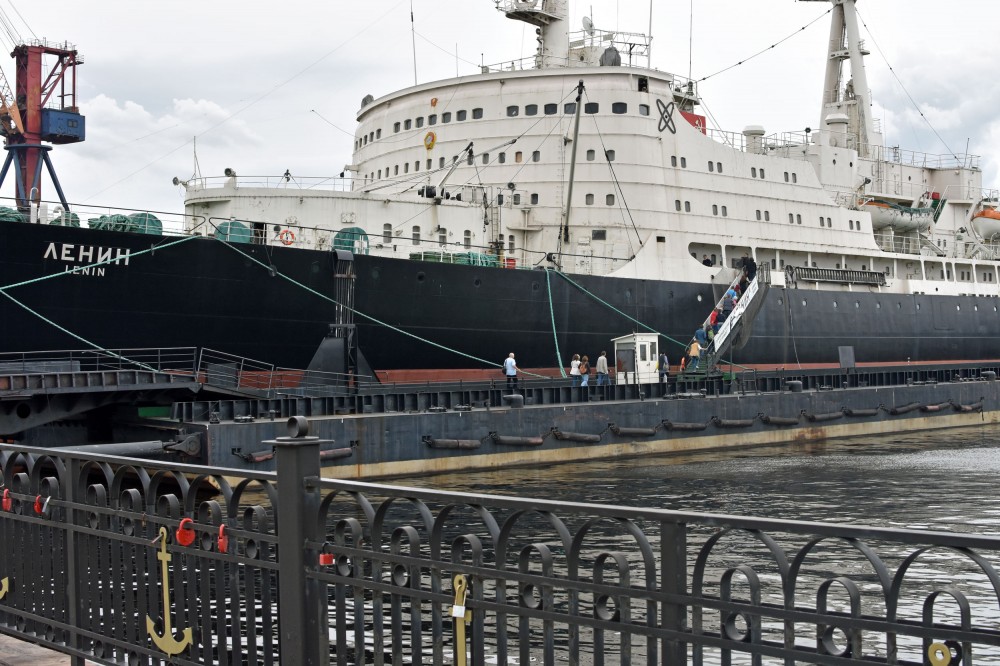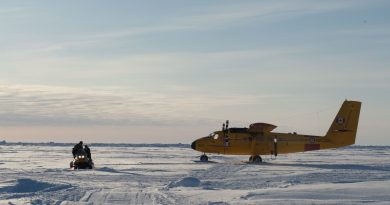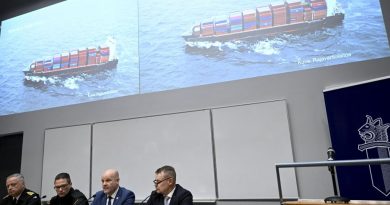New nuclear icebreaker will be named “Leningrad”

Keel laying ceremony takes place at the Baltic Shipyard on January 26, the anniversary day of the end of the World War II siege of Leningrad.
A cold wind of Soviet nostalgia is blowing across a Russia that uses World War II to justify its war against Ukraine.
No coincidence then that laying the keel for the next nuclear-powered icebreaker will happen simultaneously as St. Petersburg celebrates the 80th anniversary of the end of the Nazi-German siege of Leningrad, the city’s former name.
Initially supposed to be named Sakhalin, it is now officially decided that the name will be Leningrad, speaker of the Federation Council Valentina Matvienko writes in Telegram.

The city of St. Petersburg was called Leningrad from 1924 to 1991.
The icebreaker is the second to change name from a geographical location in the Arctic to instead carry the name of a Soviet dictator and mass-murderer. Last fall, Vladimir Putin approved a suggestion to change the name of Kamchatka to Stalingrad. Start of construction is planned for 2025.
From before, Russia has three vessels of the kind in operation. The Arktika, Sibir and Ural are today instrumental in keeping Arctic ports and shipping lanes open to shipments. The Yakutia and Chukotka are due to be ready for operations in 2024 and 2026 respectively.
The Soviet Union’s first nuclear-powered icebreaker was named Lenin and serves today as a museum of the nuclear fleet in the central harbor of Murmansk.
Related stories from around the North:
Canada: Growth in Arctic shipping warrants Polar Code adjustments, say experts, Eye on the Arctic
Finland: Cold winter brings out Finland’s icebreakers ahead of schedule, Yle News
Norway: December sea ice levels in Arctic Europe at record low, The Independent Barents Observer
Russia: Moscow cuts funding for icebreakers, The Independent Barents Observer
Sweden: Swedish icebreaker reaches North Pole for climate study, Radio Sweden
United States: ‘Uber for icebreakers’ idea gains traction in U.S. Senate, Alaska Public Media



